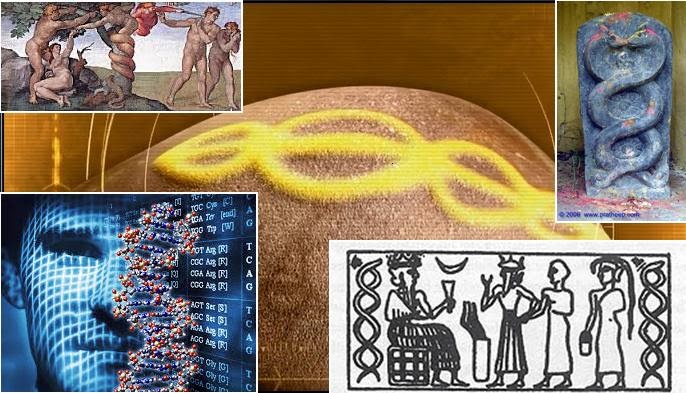The science behind “Nagama”
How do the current hindus observe Nagama – worship as
serpent goddess with egg and milk; a total diversion in the context of
religious past 1500 years back. Reason of worshiping this serpent structure remains;
where married woman repay when they do not get pregnant. Doesn't make sense at
all snake and pregnancy; let’s unwrap it.
 Don’t view the serpent in the context of religion but if we look
at ancient science – most ancient science has this snake related topic – what
is snake up to? It is not really about snakes but DNA merely. The DNA was first
identified and isolated by Friedrich Miescher in 1871, but DNA has been identified during
ancient Hindu simultaneously Anunnaki.
Don’t view the serpent in the context of religion but if we look
at ancient science – most ancient science has this snake related topic – what
is snake up to? It is not really about snakes but DNA merely. The DNA was first
identified and isolated by Friedrich Miescher in 1871, but DNA has been identified during
ancient Hindu simultaneously Anunnaki.
DNA is found in other livings so what is so big deal for
human then – DNA acts according to genetic; genetic is consist of surrounding changes.
E.g Labrador is easier to train compared to boxer breed; the genetic function and
DNA changes to suit surrounding factors. Same happens to human (true from chimpanzee to human) – different weather,
different type of food, culture; this is how we are different by skin, way of
thinking, behaviors but not at all with different Gods – the supreme is
utmost no plural.
For human civilization, DNA to be propofol where we are
today; Look at current climate, we couldn’t stand the heat but the new born is
able to tolerate the current climate; no doubt the baby is your DNA but genetically
enhanced accordingly.
In Hindu the Nagama (double helix), the serpent deity
granite stone placed under the peepal tree. The tree of wisdom and the granite
releases the attribute of the structure which your bodily soul required. So
with the serpent mindset is wrong if you follow the Hinduism which has transformed
from the actual track. Hope for those Hindus, when you perform any ritual; if
your mind couldn’t accept, please seek for ancient science explanation – it does
give better understanding, clears your doubts…



Comments